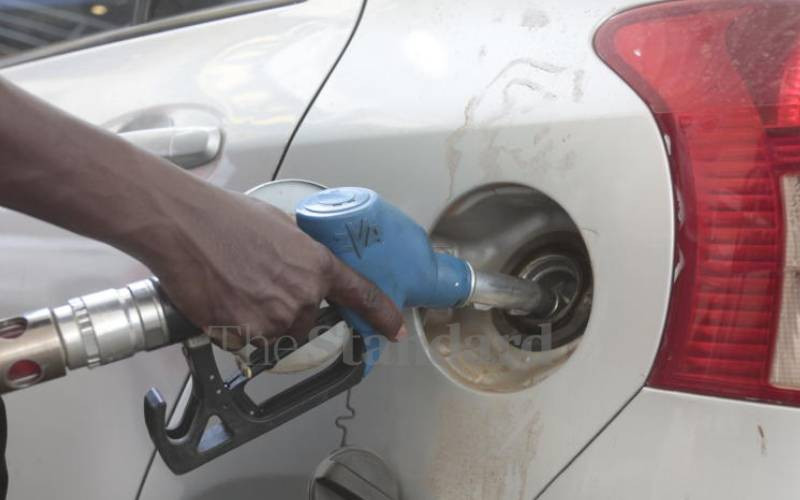×
The Standard e-Paper
Home To Bold Columnists

The government expects the fuel importation deal it has entered into with three international oil firms to ease the dollar shortage that has been crippling the economy for the last one year. The shortage has worsened in recent months.
The government-to-government agreement is, however, unlikely to bring down fuel prices. This is despite expectations that dealing directly with the oil-producing countries would give Kenya an opportunity to get the fuel at discounted rates.







